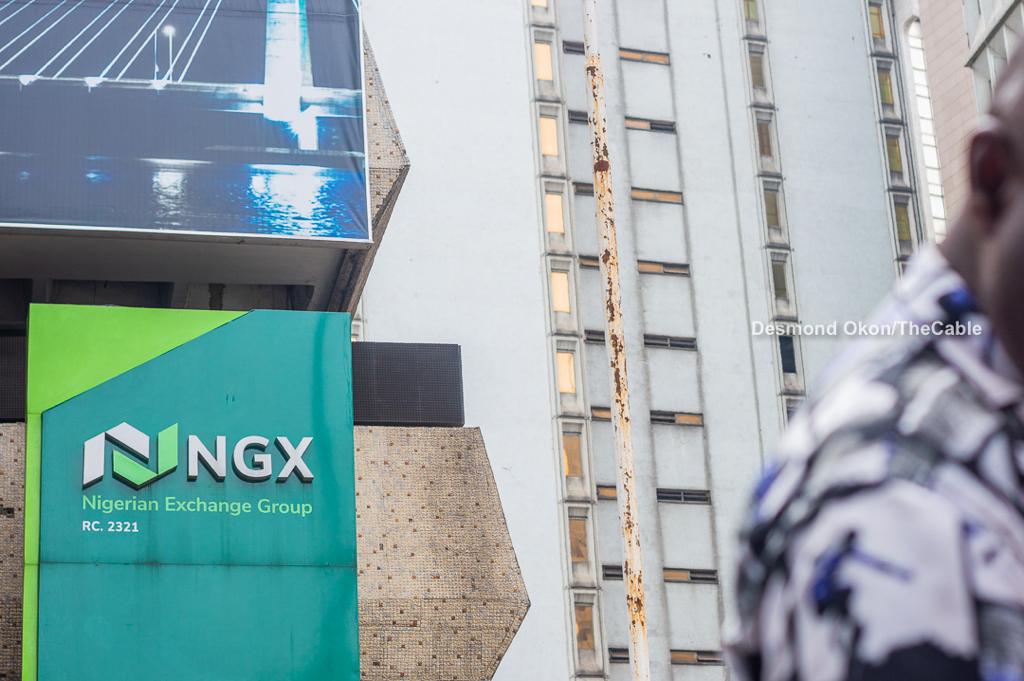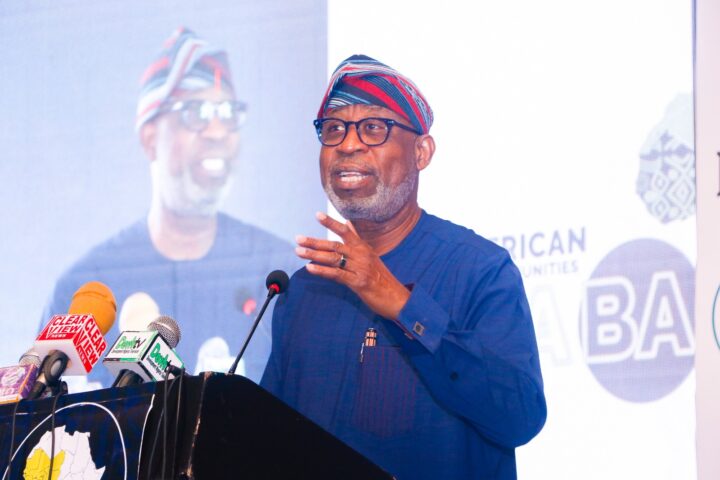Theodora Mends, director of the land valuation division at Ghana’s Lands Commission, has called for comprehensive reforms in property taxation across African cities.
Mends spoke during a session organised by the African Cities Research Consortium (ACRC) at the recent African Real Estate Society (AfRES) conference in Lagos.
She said property tax reform is a crucial strategy for enhancing local revenue generation and supporting sustainable urban development across cities in Africa.
In her presentation, titled ‘Reforming Property Taxes for Equity and Inclusion in African Cities: The Way Forward’, Mends said institutional capacity, fair valuation, political support, and visible citizen benefits are the four pillars necessary for effective reforms.
Advertisement
The Ghanaian official stressed the need for cities to adopt digital innovation to modernise property tax systems.
She recommended the deployment of digital tools for property data collection and valuation, online platforms for public access, mobile and web-based payment systems, as well as community-level payment booths.
To improve compliance, the director called for sustained public education campaigns, streamlined payment procedures, and the introduction of incentives or discounts for those who pay early or regularly.
Advertisement
Mends also advocated for clear payment deadlines, penalties for non-compliance, accessible grievance resolution channels, and greater involvement of the private sector in valuation and tax collection through well-structured public-private partnerships (PPPs).
‘PROPERTY TAX SOURCE OF FUNDING FOR LOCAL DEVELOPMENT’
The expert said property taxation is widely regarded as a key source of funding for local development globally.
“In advanced economies, it provides reliable revenue for schools, hospitals, public transport, security, waste management, and employment opportunities, particularly for young professionals,” she said.
Advertisement
However, she lamented that African cities make limited use of the revenue tool.
According to Mends, property tax contributes only about 0.38 percent of the continent’s gross domestic product (GDP), with sub-Saharan Africa recording between 0.1 and 1 percent — far below the average of 2 percent seen in high-income nations.
The director also highlighted Ghana’s ongoing reforms, which include the rollout of a unified property rate platform, a national property addressing system, electronic mass property appraisal, and a revenue-sharing model enabled through PPPs.
Despite these measures, she admitted that Ghana still grapples with challenges such as low coverage and poor compliance.
Advertisement
“In Nigeria, reforms have focused on Geographic Information System (GIS) mapping, digital payments, and improved administration, yet the system remains constrained by incomplete property records, informality, inefficiency, and low enforcement,” she added.
Mends also listed a range of broader challenges facing African cities, including outdated legal frameworks, fragile regulatory systems, lack of transparency, limited public understanding of property assessment procedures, and weak accountability among tax officials.
Advertisement
Other obstacles, according to the property expert, are obsolete valuation records, inconsistent and often excessive tax rates, slow adoption of modern technology, and inefficient tax collection processes.
Still, the director noted success stories from cities like Freetown, Kampala, and Dakar, where satellite imagery, drone mapping, mobile GIS, and computer-assisted mass appraisal (CAMA) systems are helping local governments establish credible tax bases — even in informal and poorly addressed areas.
Advertisement
“Reforming property taxation is central to achieving equitable, inclusive, and sustainable urban development in Africa,” Mends said.
She warned that without property tax reform, cities would face difficulties in funding essential services, tackling poverty, and managing the demands of rapid urban growth.
Advertisement







